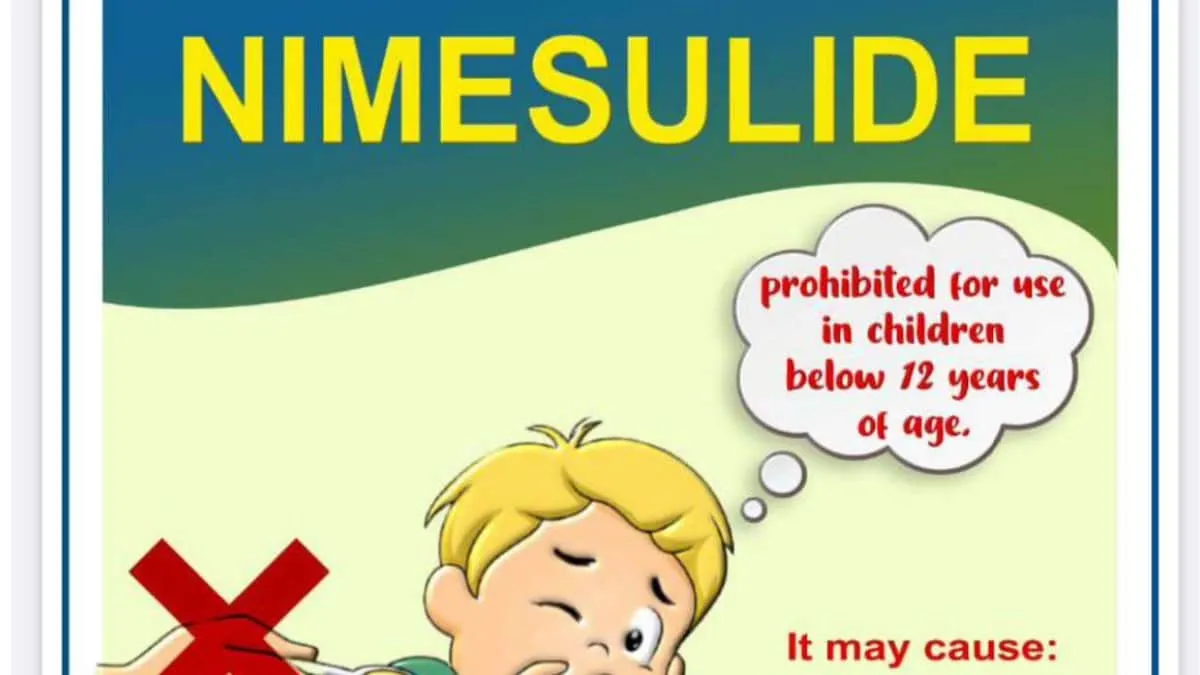Nimesulide: A Painkiller Still Prescribed Despite Ban for Children

Nimesulide: A Dangerous Prescription
Nimesulide, a non-steroidal anti-inflammatory drug (NSAID), has been banned for use in children under 12 years old since 2011 due to serious side effects, including liver toxicity and gastrointestinal bleeding.
Call for Sensitization
- The Indian Pharmacopeia Commission (IPC) urges healthcare professionals to avoid prescribing Nimesulide to children.
- Education materials are being circulated to increase awareness among pediatricians and general practitioners.
- The ban exists due to Nimesulide's history of hepatotoxic effects in vulnerable populations.
Continuing Risks and Side Effects
Healthcare professionals are being reminded of the serious complications associated with Nimesulide, including gastritis, vomiting, abdominal pain, and potentially life-threatening conditions such as liver failure.
- Healthcare providers must remain vigilant and adhere to current guidelines.
- Continuous monitoring of prescriptions is necessary to protect pediatric patient safety.
- Outreach to less informed practitioners could help reduce the rate of improper prescriptions.
Disclaimer: The information provided on this site is for informational purposes only and is not intended as medical advice. We are not responsible for any actions taken based on the content of this site. Always consult a qualified healthcare provider for medical advice, diagnosis, and treatment. We source our news from reputable sources and provide links to the original articles. We do not endorse or assume responsibility for the accuracy of the information contained in external sources.
This article was prepared using information from open sources in accordance with the principles of Ethical Policy. The editorial team is not responsible for absolute accuracy, as it relies on data from the sources referenced.